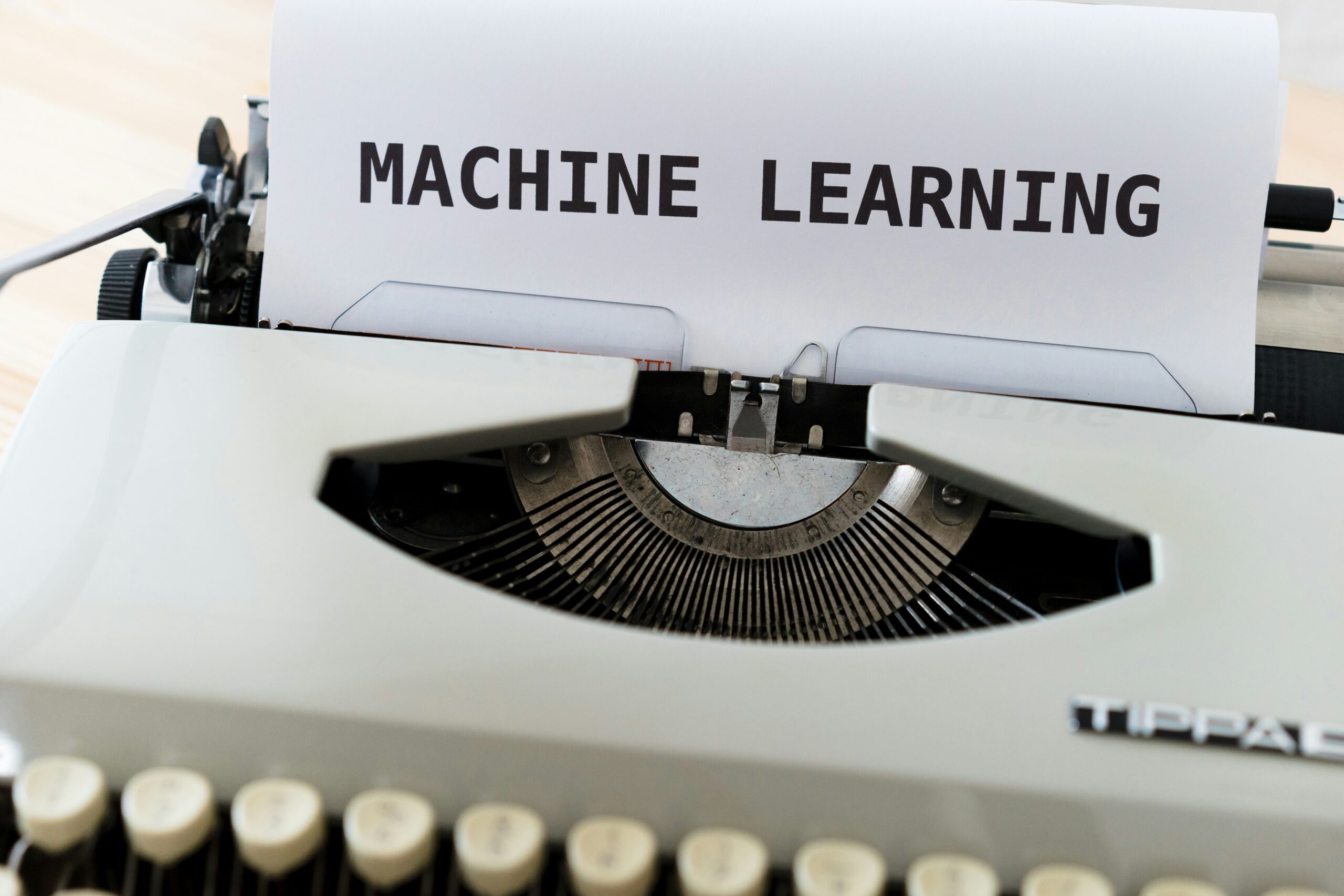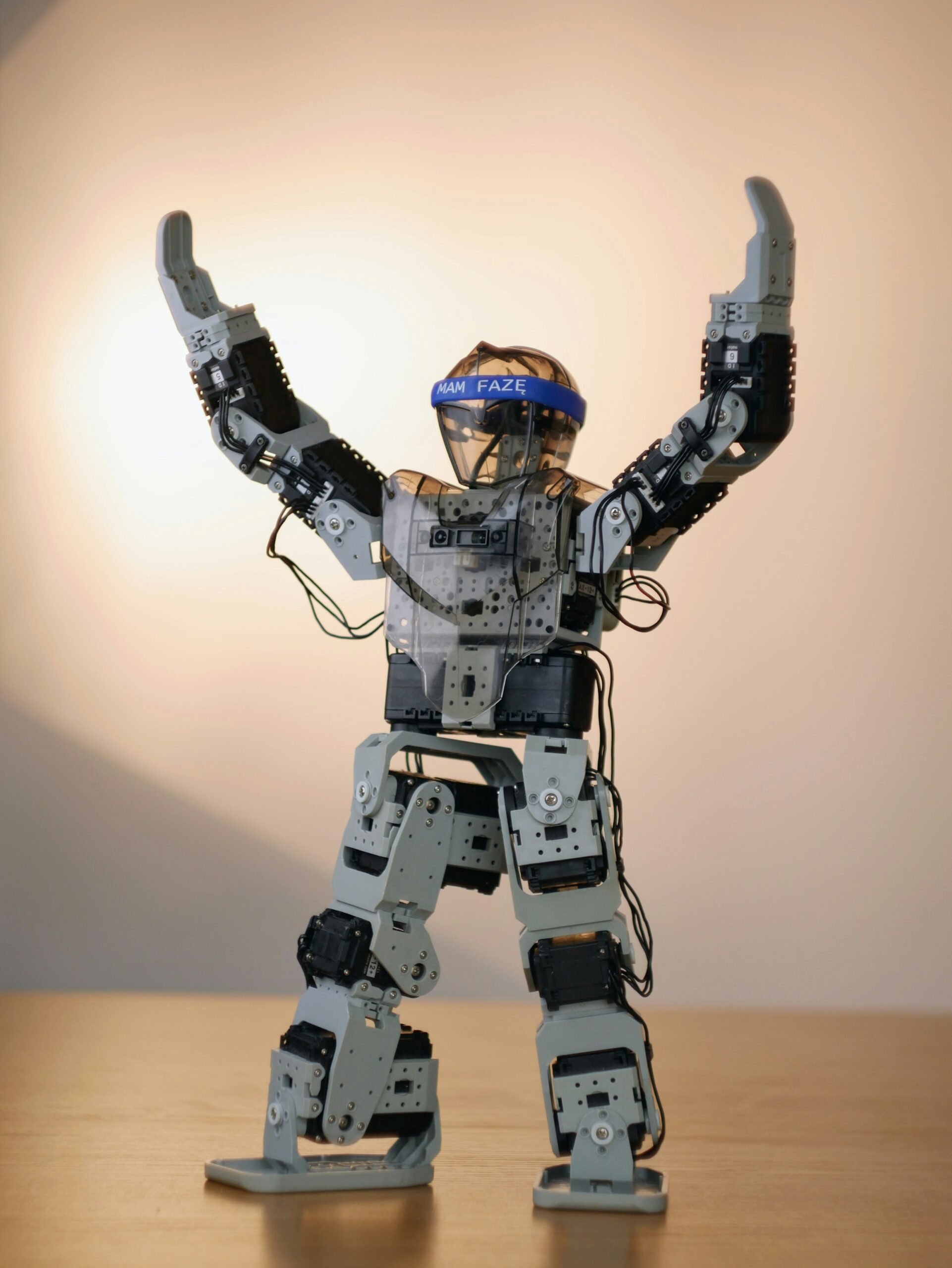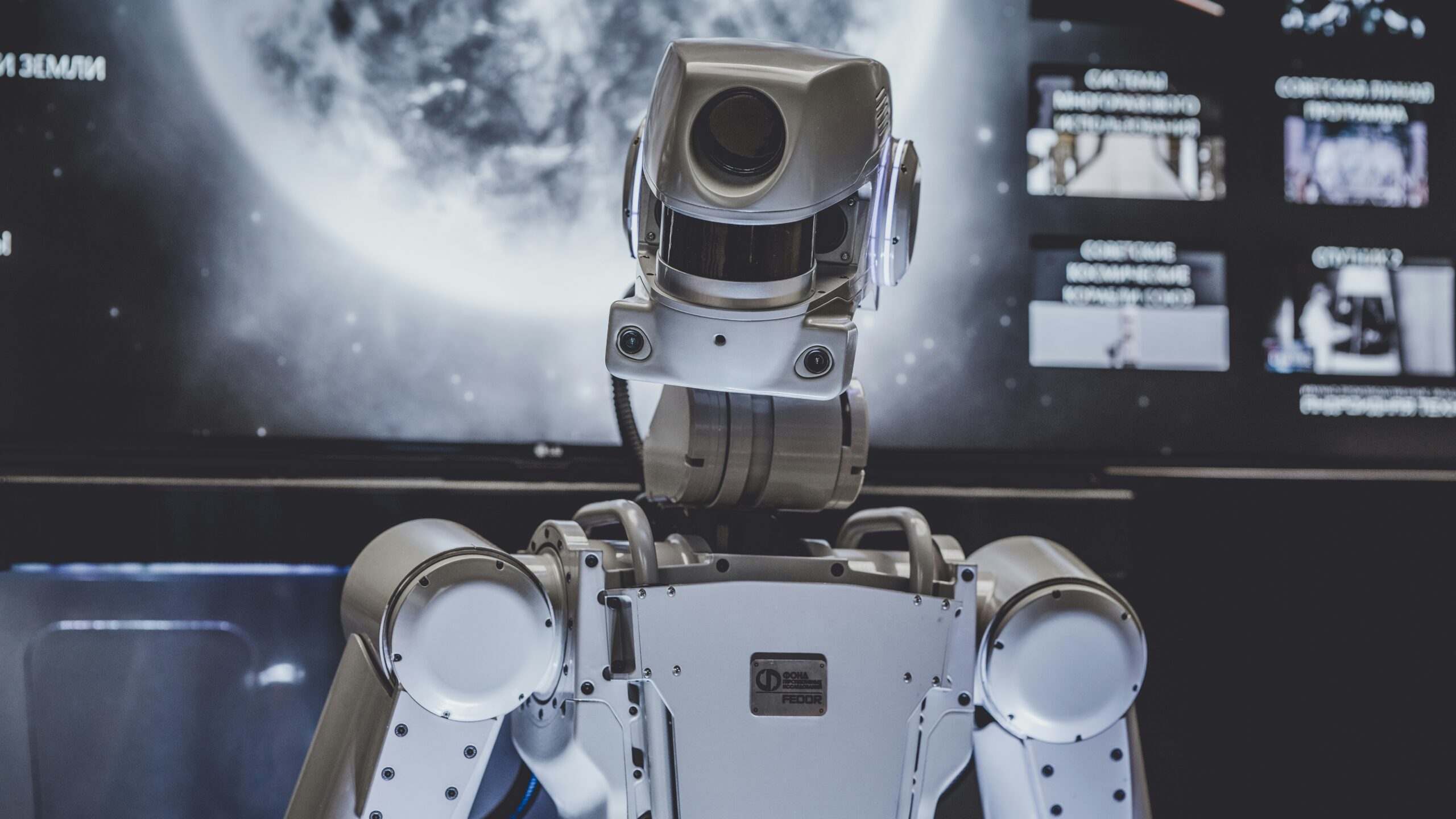The Psychology of AI: Why We Fear and Fascinate by Artificial Intelligence

Artificial intelligence (AI) has become a ubiquitous presence in our lives. From the moment we wake up to a smart alarm clock to the personalized recommendations that populate our social media feeds, AI’s invisible hand shapes our daily experiences. Yet, despite its growing influence, AI evokes a complex emotional response in humans – a potent mix of fascination and fear. Understanding the psychology behind these seemingly contradictory emotions is crucial as we navigate the evolving landscape of human-machine interaction.
The Allure of Artificial Intelligence
Our fascination with AI stems from several deeply ingrained human desires:
- The Quest for Knowledge and Power: Throughout history, humans have strived to understand and control the world around them. AI represents the pinnacle of this quest. By creating intelligent machines that can learn, reason, and solve problems at superhuman levels, we push the boundaries of knowledge and unlock new possibilities.
- The Dream of the Machine Muse: AI’s ability to process vast amounts of information and generate creative content fuels our imagination. We envision AI as a collaborator, a tool that can amplify human creativity and produce groundbreaking works of art, music, and literature.
- The Desire for Companionship and Assistance: The prospect of AI companions that can anticipate our needs, provide emotional support, and assist with daily tasks holds immense appeal. For those facing isolation or physical limitations, AI companions offer the promise of connection and assistance.
These aspirations paint a picture of AI as a powerful tool with the potential to enhance our lives in profound ways. However, this fascination is often accompanied by a deep-seated fear.
The Shadow of the Machine: Why We Fear AI
The fear of AI is rooted in several primal anxieties:
- The Fear of the Unknown: As with any new technology, AI carries an inherent element of uncertainty. We fear what we don’t understand, and the complex inner workings of AI algorithms can feel opaque and even threatening.
- The Fear of Job Displacement: The automation potential of AI raises concerns about job displacement. The idea of machines taking over tasks currently performed by humans is a major source of anxiety, particularly in sectors susceptible to automation.
- The Fear of Loss of Control: As AI systems become increasingly sophisticated, we worry about losing control over our own destiny. The prospect of autonomous weapons systems or AI making life-altering decisions without human oversight is a chilling one.
- The Fear of Superintelligence and the Singularity: Science fiction has popularized the concept of a technological singularity, a hypothetical point in time when AI surpasses human intelligence and becomes uncontrollable. This scenario evokes existential fears about the future of humanity and our place in the world.
These anxieties highlight the potential downsides of AI and the importance of responsible development and deployment.
Bridging the Gap: Towards a Healthy Relationship with AI
Moving forward, fostering a healthy relationship with AI requires acknowledging both its potential and its limitations. Here are some key steps:
- Promoting Transparency and Explainability: Demystifying AI by making its decision-making processes more transparent can alleviate anxieties about bias and lack of control.
- Ensuring Ethical Development: Robust ethical frameworks for AI development are essential. These frameworks should prioritize fairness, accountability, and human control over AI systems.
- Investing in Education and Reskilling: As AI transforms the workforce, investing in education and reskilling programs will be crucial to prepare workers for the jobs of tomorrow.
- Promoting Open Dialogue: Open and honest conversations about the potential benefits and risks of AI are necessary to address public concerns and build trust.



